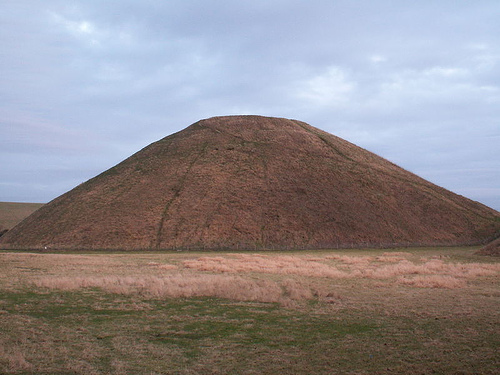A 12th-century Javanese king, Jayabaya, predicted that white men would conquer the Indonesian island one day and tyrannize the people for years, until the white men were driven out by yellow men from the north. The yellow men would remain for one crop cycle, he said, and then Java would be free.
Amazingly, these predictions were fulfilled almost perfectly 800 years later. White settlers from the Netherlands ruled the island until the Japanese invaded in 1942, and two years later they officially granted Indonesia its independence.
Since Javanese predictions are so accurate, we should note that Indonesia seems due for another messiah — prophecies said he’d arrive “when iron wagons drive without horses and ships sail through the sky.”




